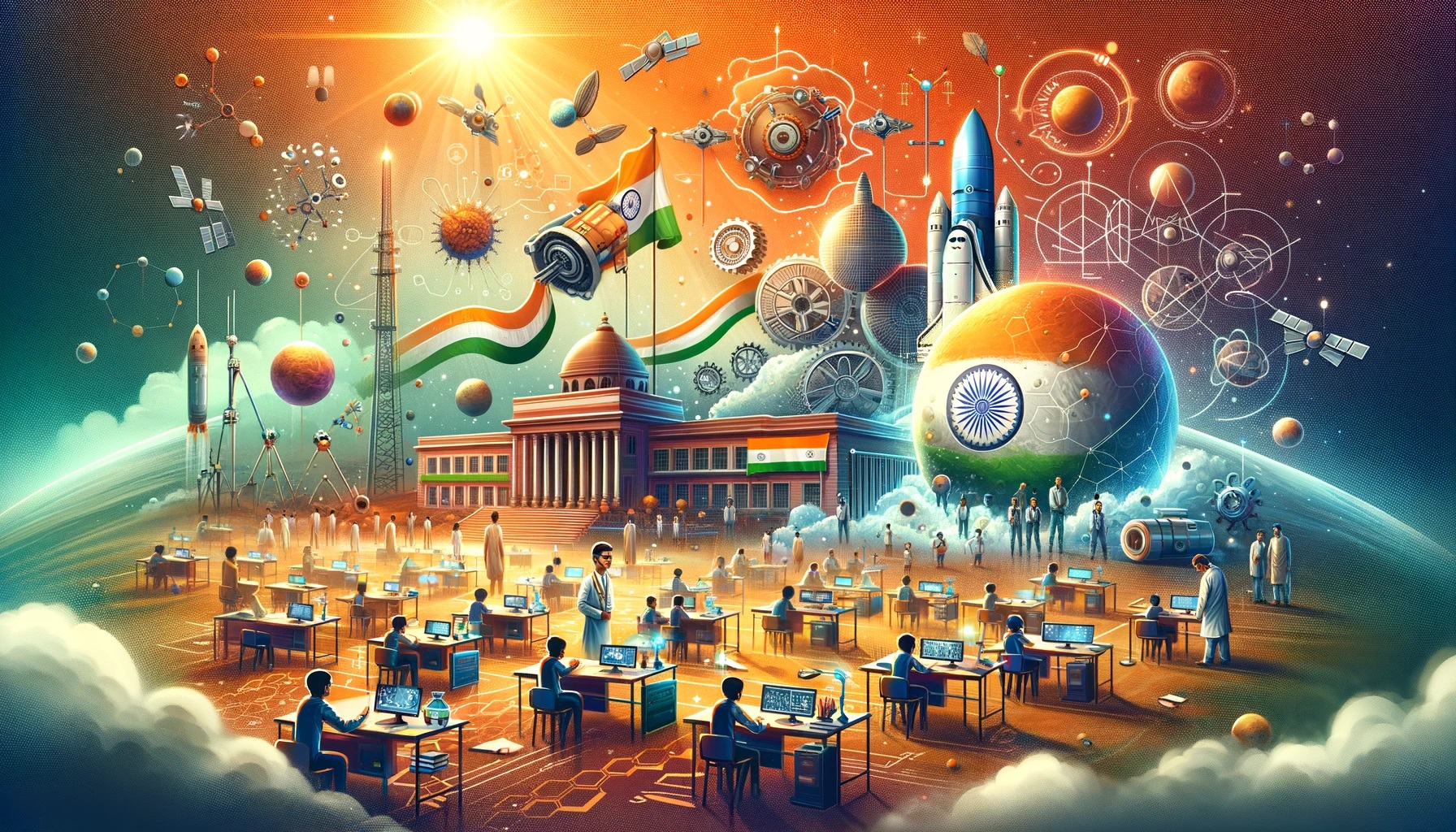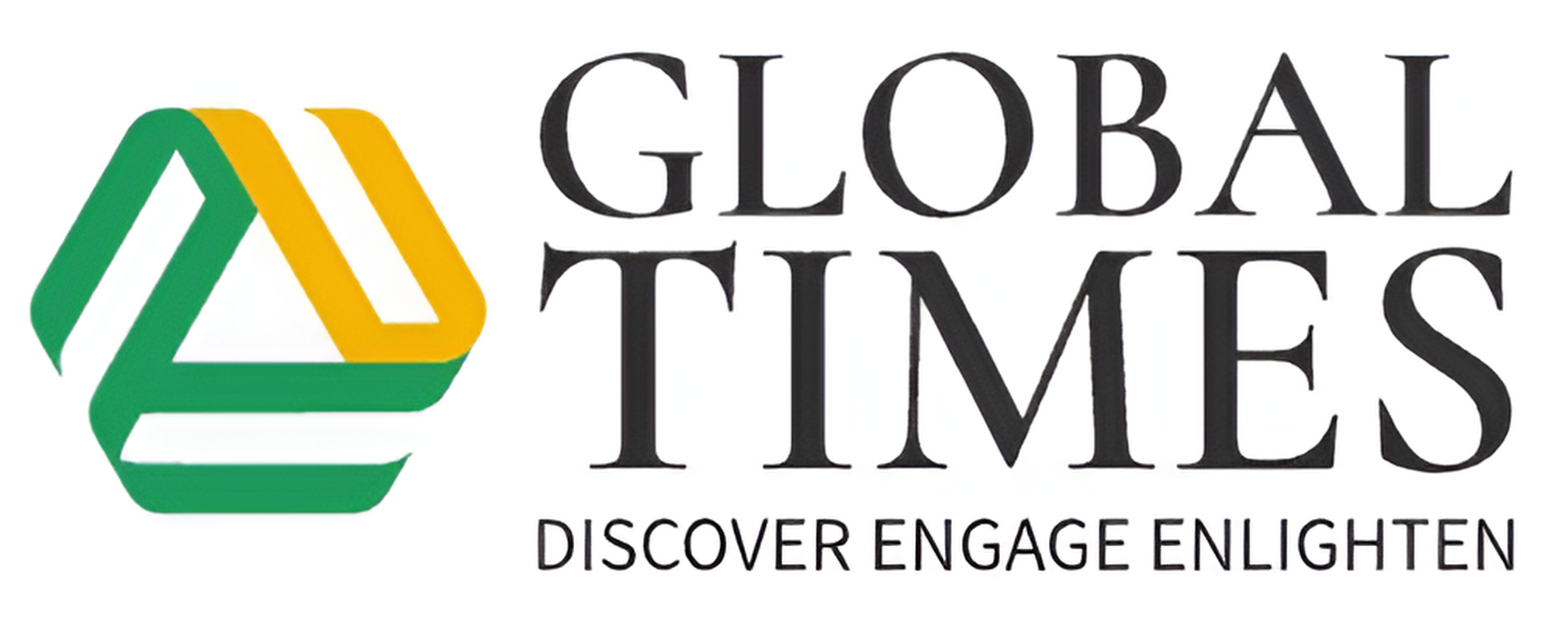Technology
Tech and Society: A Delicate Dance

Technology, a relentless force of innovation, has woven itself into the fabric of our lives. From the smartphones we clutch to our morning commutes to the algorithms shaping our online experiences, technology profoundly impacts how we interact with the world and each other. Yet, this transformative power comes with a responsibility to navigate the complex intersection of tech and society. This comprehensive analysis delves into some of the most crucial issues at this juncture: digital privacy, ethics in AI, environmental sustainability, and the societal impact of automation.
1. The Erosion of Privacy: A Digital Age Dilemma
In a world saturated with data, safeguarding privacy has become a daunting task. Our online activities, from social media posts to location tracking on mobile devices, generate a vast amount of personal information. This data is collected, analyzed, and monetized by companies, often without our explicit consent or clear understanding of how it’s used.
- Targeted Advertising: Cookies, pixels, and other tracking technologies track our online behavior to build profiles that advertisers utilize to target us with personalized ads. This can be intrusive and raise concerns about manipulation.
- Data Breaches: Breaches of data held by corporations and government institutions expose sensitive personal information, leading to identity theft, financial losses, and reputational damage.
- Surveillance Concerns: Advancements in facial recognition and other surveillance technologies raise concerns about mass surveillance and potential violations of our right to privacy in public spaces.
These issues necessitate robust regulations to protect user privacy. Consumers deserve clear information on how their data is collected, used, and stored. Stronger data protection laws, like the General Data Protection Regulation (GDPR) in Europe, are crucial to empower individuals with control over their personal information.
2. Ethics in AI: Balancing Progress with Human Values
Artificial Intelligence (AI) holds immense potential for solving complex problems and automating tasks. However, ethical considerations surrounding its development and deployment demand careful attention.
- Bias in Algorithmic Decision-Making: AI algorithms can perpetuate societal biases if trained on biased datasets. This can lead to discriminatory outcomes in areas like loan approvals, job hiring, and criminal justice.
- Autonomous Weapons Systems: The development of autonomous weapons systems, often referred to as “killer robots,” raises ethical concerns about the potential for human control to be lost in the decision to deploy lethal force.
- Transparency and Explainability of AI Decisions: Many AI systems operate like black boxes, making their decision-making processes opaque. This lack of transparency can undermine trust and accountability.
To ensure ethical implementation of AI, robust regulations are essential. Developers should be held accountable for creating fair and unbiased algorithms. International cooperation is necessary to address the complexities surrounding autonomous weapons systems. Furthermore, research into explainable AI can shed light on how AI reaches its conclusions, fostering trust and enabling human oversight.
3. Can Technology Save the Planet? Environmental Sustainability and Innovation
Technology presents both challenges and opportunities in the quest for environmental sustainability. While some technologies contribute to climate change, others offer innovative solutions to mitigate environmental damage.
- E-Waste and the Digital Footprint: The rapid growth of the tech industry contributes to electronic waste (e-waste), creating a growing environmental concern. Proper e-waste management and recycling strategies are essential.
- The Rise of Renewable Energy Sources: Technological advancements are paving the way for the increased adoption of renewable energy sources like solar and wind power. These innovations are critical for transitioning away from fossil fuels and reducing greenhouse gas emissions.
- Smart Technologies for Efficiency: Innovations like smart grids, smart buildings, and precision agriculture can optimize resource utilization and reduce our environmental footprint.
A critical aspect of environmental sustainability in the tech sector involves promoting the development and widespread adoption of “green” technologies. This necessitates investment in research and development, coupled with policies that incentivize the use of clean technology solutions.
4. The Automation Revolution: A Double-Edged Sword
Automation, driven by advancements in robotics and AI, is transforming industries at an unprecedented pace. While automation offers advantages like increased efficiency and productivity, societal concerns regarding job displacement cannot be ignored.
- Job Losses and Skill Gaps: Automation has the potential to displace jobs across various industries, particularly those involving repetitive tasks. This raises concerns about rising unemployment and the need for workforce retraining programs to equip individuals with skills relevant to the changing job market.
- The Future of Work: Automation may not eliminate jobs entirely, but it is likely to transform the nature of work. Workers may need to adapt and acquire new skills to complement automation instead of being entirely replaced.
- Universal Basic Income (UBI): One solution to address the potential social and economic disruptions of automation is the concept of UBI. This proposes providing all citizens with a basic income, regardless of employment status
5. Conclusion: Shaping a Tech-Fueled Future That Benefits All
Technology is a powerful force that can shape our world for the better. However, navigating the complex intersection of tech and society requires a multifaceted approach. Here are some concluding thoughts:
- Empowering Users: Individuals need to be empowered with the knowledge and tools to protect their privacy online. Educational initiatives can raise awareness about data collection practices and empower users to make informed choices about online privacy.
- Fostering Responsible Innovation: The tech industry and policymakers share a responsibility to ensure the responsible development and deployment of technology. Ethical considerations need to be integrated throughout the design, development, and implementation stages of new technologies.
- Bridging the Digital Divide: Not everyone has equal access to technology. Bridging the digital divide is crucial to ensure that everyone can benefit from the opportunities technology offers. This may involve initiatives like expanding access to affordable internet, providing digital literacy training, and promoting tech education in underserved communities.
- Open Dialogue and Collaboration: Addressing the challenges and harnessing the potential of technology requires open dialogue and collaboration between policymakers, tech companies, civil society organizations, and the public. By working together, we can create a future where technology serves as a tool for progress, benefiting all members of society.
Technology is a double-edged sword. While it offers immense potential for progress and innovation, its impact on society needs careful consideration. By fostering responsible development, promoting digital literacy, and prioritizing human values in the design and deployment of technology, we can ensure that tech remains a force for good, shaping a brighter future for all.
